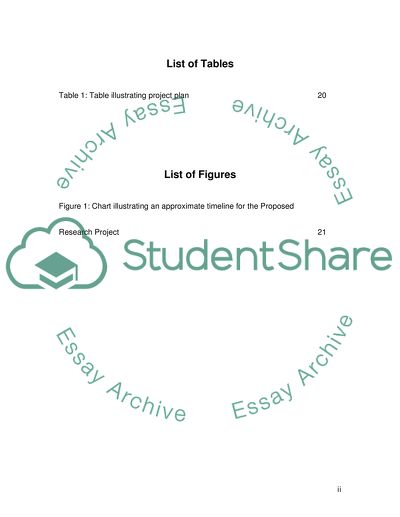Cite this document
(“Delivery of Effective E-Government Systems: The Case of Oman Essay”, n.d.)
Retrieved from https://studentshare.org/information-technology/1400248-project-specification-for-the-master-project-title
Retrieved from https://studentshare.org/information-technology/1400248-project-specification-for-the-master-project-title
(Delivery of Effective E-Government Systems: The Case of Oman Essay)
https://studentshare.org/information-technology/1400248-project-specification-for-the-master-project-title.
https://studentshare.org/information-technology/1400248-project-specification-for-the-master-project-title.
“Delivery of Effective E-Government Systems: The Case of Oman Essay”, n.d. https://studentshare.org/information-technology/1400248-project-specification-for-the-master-project-title.


